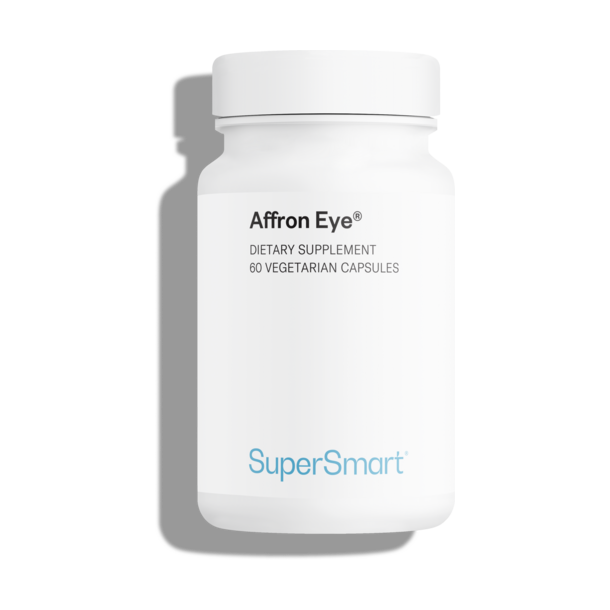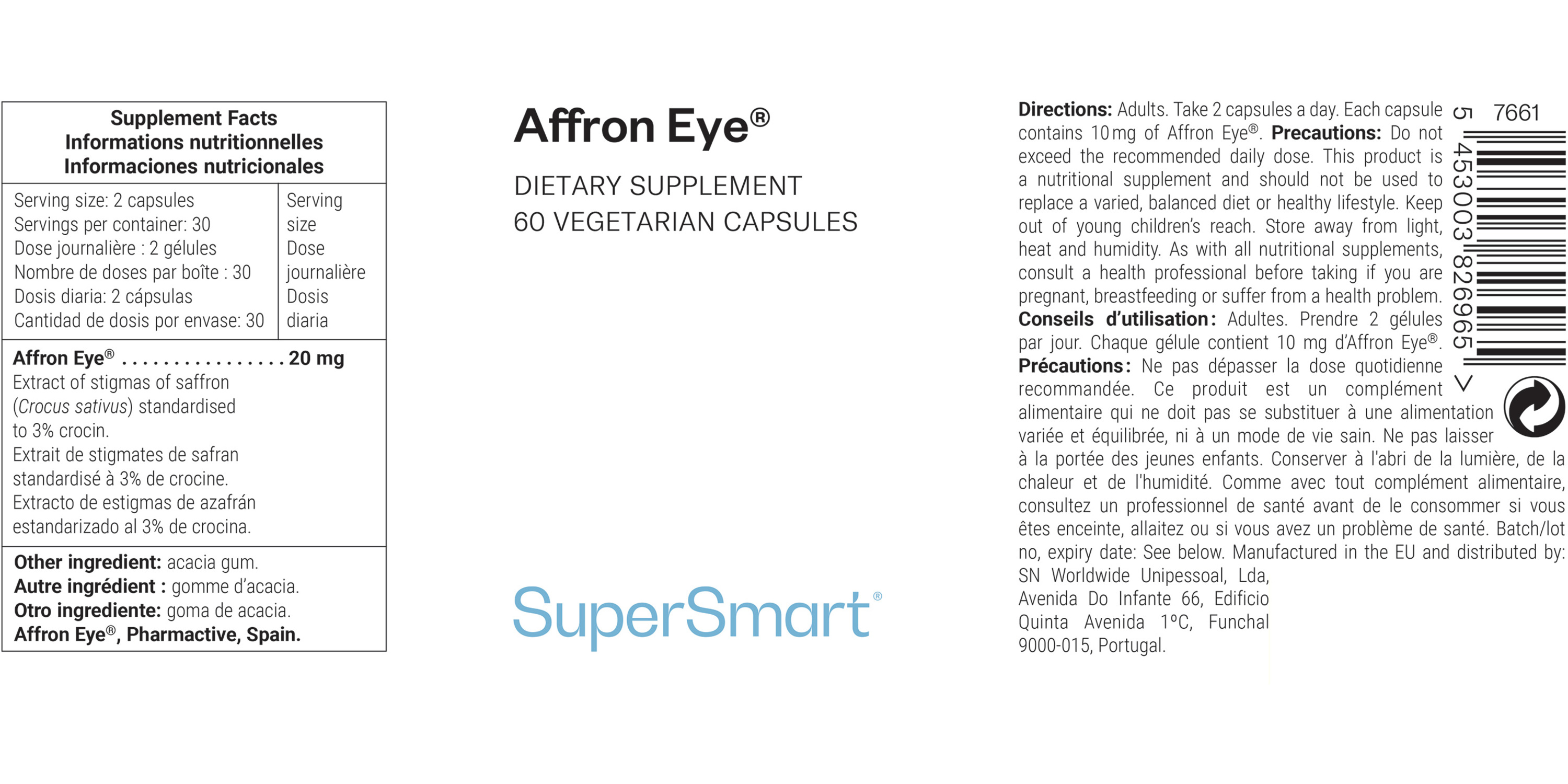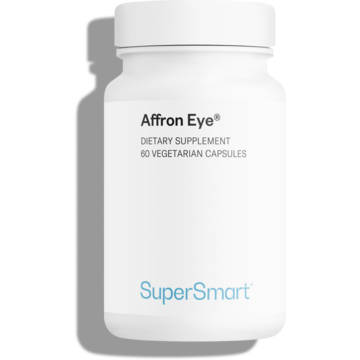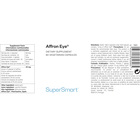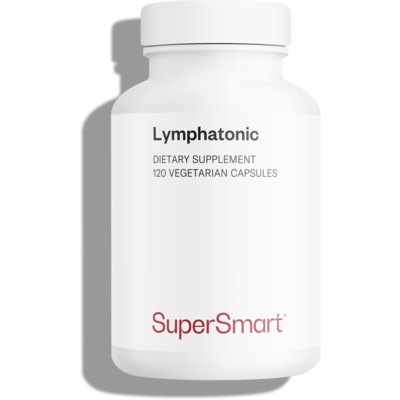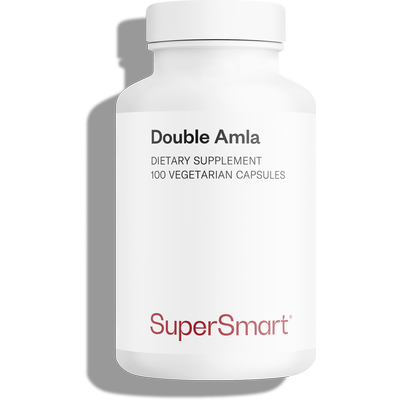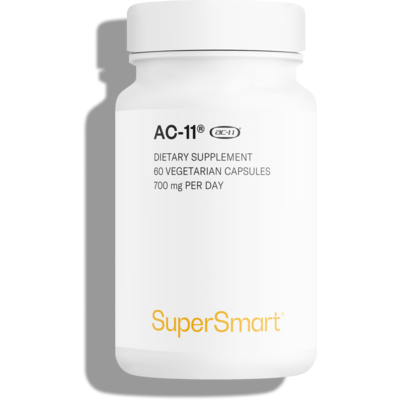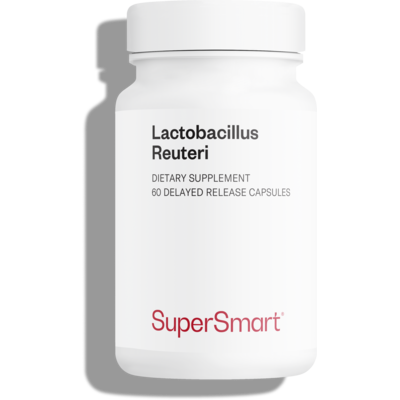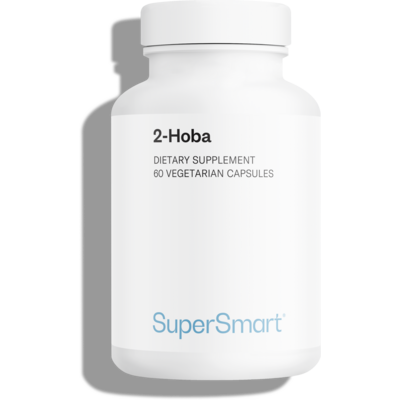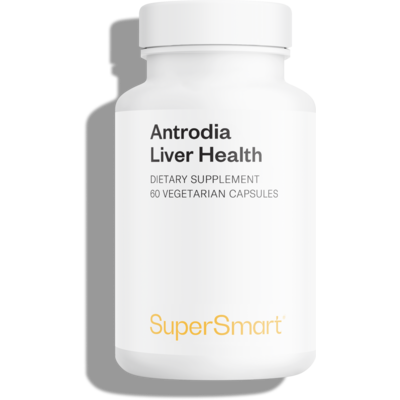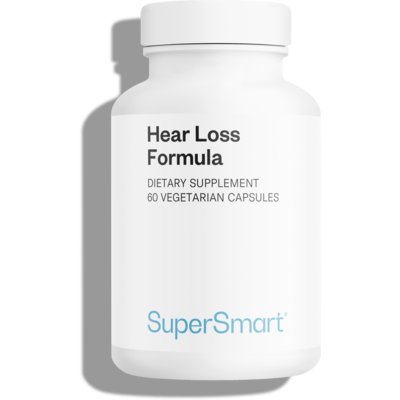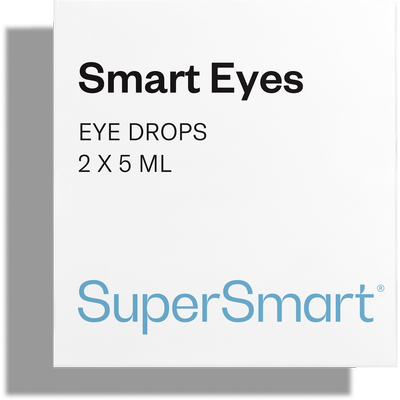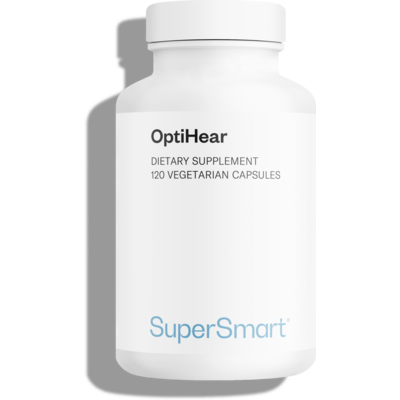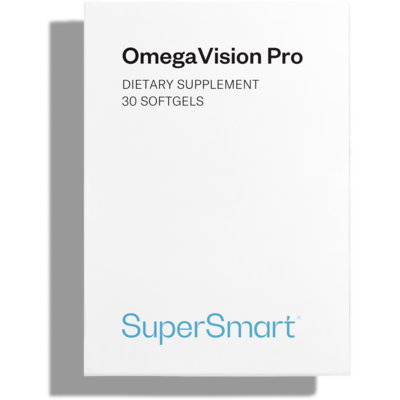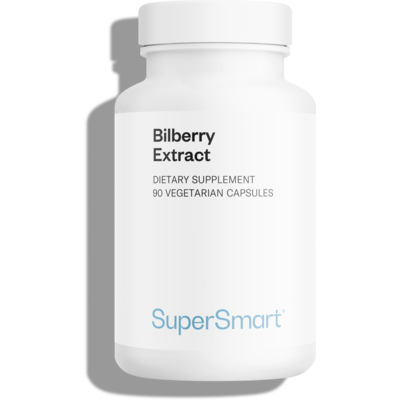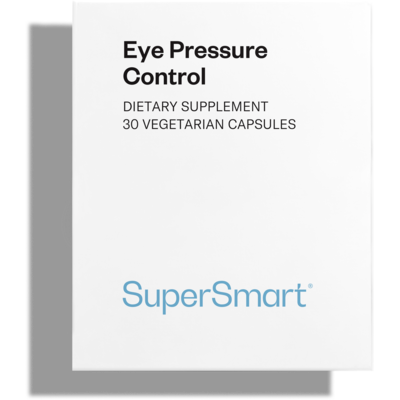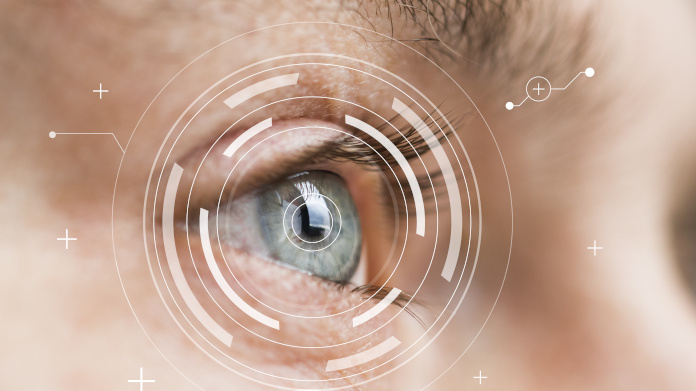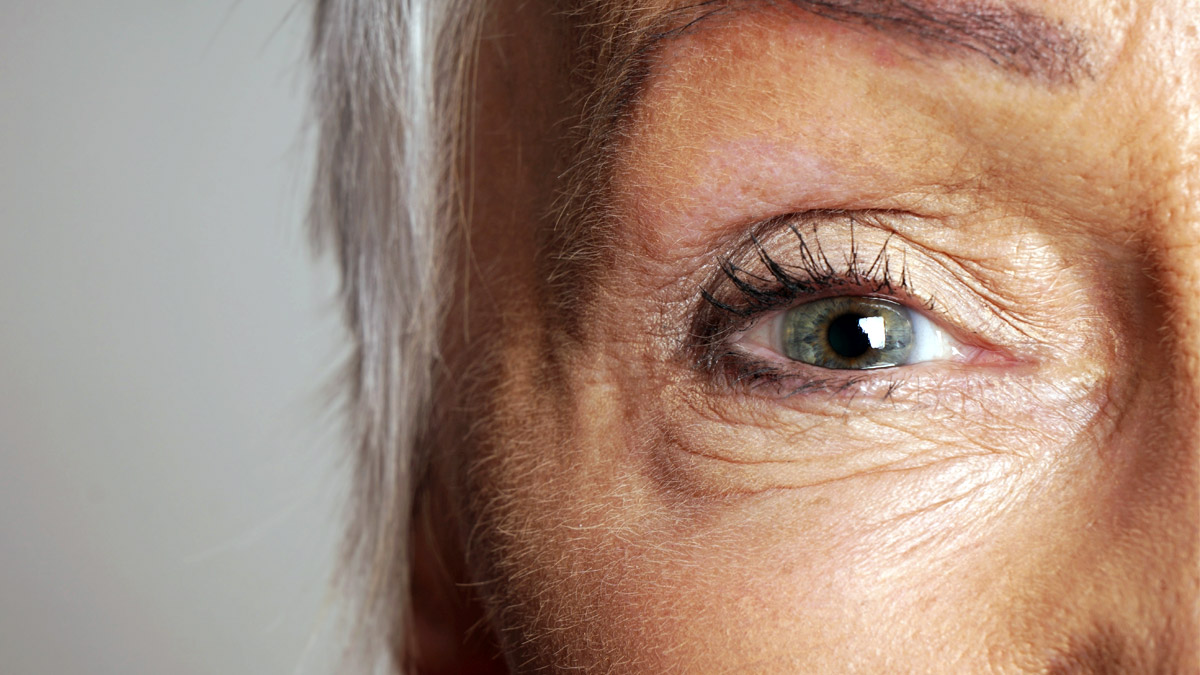Create Your Offer
What is Affron Eye®?*
Affron Eye® is a saffron extract from the Crocus sativus flower, standardized to 3% crocin – a carotenoid compound studied for its potential antioxidant content.*
Saffron appears to have a long-standing history in traditional wellness systems and to have more recently drawn scientific attention for its potential role in visual function.*
Our formula is based on the use of high-grade quality saffron cultivated with care and processed to ensure a consistent level of crocin.* Affron Eye® can be taken alone or alongside Macula Plus, another supplement from SuperSmart, formulated to encourage eye wellness.*
Where Does This Crocus Sativus Stigma Extract Come From?*
Saffron is originally native to Greece, where the first known trace of its culture appeared to have been recorded.* Yet, Affron Eye® is made from saffron stigmas sourced from Crocus sativus, a plant traditionally grown in regions such as Iran, Morocco, and India.* These stigmas are gently extracted to help preserve its naturally occurring compounds like crocin and crocetin.*
What Are Potential Saffron Supplement Benefits?*
Saffron reportedly contains over 100 naturally occurring compounds, including carotenoids such as crocin and crocetin – pigments responsible for its deep orange-red hue.* These compounds seem to have been studied for their possible antioxidant capacity and role in helping eyes adapt to potential daily oxidative challenges.*
According to certain research, antioxidant nutrients like crocin may help maintain normal visual function by potentially helping eyes manage oxidative processes that may occur.*
In some laboratory studies, crocin and crocetin appear to have been shown to support the body’s natural antioxidant defenses in the retina.*
Some clinical studies may also have explored saffron’s potential to encourage already healthy blood flow in the eye.*
Its possible ability to maintain normal photoreceptor function and overall visual balance could make it an interesting option for those looking to encourage long-term visual wellness with a plant-based approach.* (You can check this study for more information).*
While more research is needed, these findings seem to suggest that saffron extract may offer gentle support for visual comfort over time.*
FAQ
Can saffron be taken daily?*
Affron Eye® can be used as part of your daily wellness routine.* We recommend taking 2 capsules a day or as advised by a healthcare professional.*
When is the best time to take a saffron supplement?*
Affron Eye® can be taken with a meal for optimal absorption.* Some may prefer to take it earlier in the day to help support their visual routine.*
Is this product suitable for vegetarians or vegans?*
Affron Eye® is encapsulated in vegetarian capsules and contains no animal-derived ingredients.*
WARNINGS
Do not exceed the recommended daily dose. This product is a nutritional supplement and should not be used as a substitute for a varied and balanced diet or a healthy lifestyle.
STORAGE
Store in a cool, dry place away from direct sunlight, heat, and humidity. Keep out of reach of children.
PREGNANCY AND MEDICAL CONDITIONS
If you are pregnant, breastfeeding, or have any medical conditions, consult your healthcare provider before using this product.
SUPPLEMENT INTERACTIONS
Consult your healthcare provider before use, especially if you are taking any medications or other supplements as there may be potential interactions.
february 18 2024
Aside that it’s been keeping my eyesight stable, it does help the memory a little bit. I’m glad I started taking this.
august 18 2021
The best brand of saffron extract at a good price, delivered promptly.
Need Help?
Phone Number
+1 (786) 522-3907
From 9 am to 6 pm (EST)
Email Address
You May Also Like

